AAC stands for Augmentative and Alternative Communication – but let me break that down in a way that actually makes sense.
Simply put, AAC is any method of communication that helps someone express themselves beyond spoken words. Think of it as giving your child additional tools to share their thoughts, feelings, and needs with the world.
This might look like:
Picture cards or symbols
Sign language
Writing or typing
High-tech devices with voice output
Apps on tablets that "speak" when touched
Why Haven't More People Heard About AAC?
Here's what might surprise you: AAC has been around since the 1970s. As technology has advanced, so have the incredible capabilities we can use to help people's thoughts, opinions, hopes, and dreams get heard. Thanks to the tireless efforts of autistic advocacy voices, AAC is finally gaining the recognition it deserves.
But because many people still don't know about AAC, too many non-speaking children grow up to become non-speaking adolescents and teenagers. When they can't express themselves effectively, they find other ways to communicate – sometimes through writing or gesturing, but unfortunately, sometimes through behaviors that look like aggression toward the very people trying to support them.
Here's the heartbreaking part: these challenging behaviors are often treated primarily with medications to help regulate the child. While medication can be helpful, we're missing a crucial piece of the puzzle.
Everyone has a message they want to express. Whether they can use their voice or need some other strategy or technology, we all deserve the right to be heard. Having a communication system that the person is taught to use – and that their loved ones support – can allow them to live a happier life and take control of their environment through alternative communication systems. And that's what I have spent a decade building my expertise in.
It's Never Too Late
With the right speech-language pathologist and the involvement of all team members, it is never too late for a person to start using AAC. I've seen teenagers and adults discover their voice for the first time, and it's nothing short of transformative.
One thing I'm most passionate about is this: communication is a fundamental human right. The past is the past, but the future is bright – especially when you have someone on your side who knows what they're doing and can guide you through the process of helping your loved one speak their truth.

